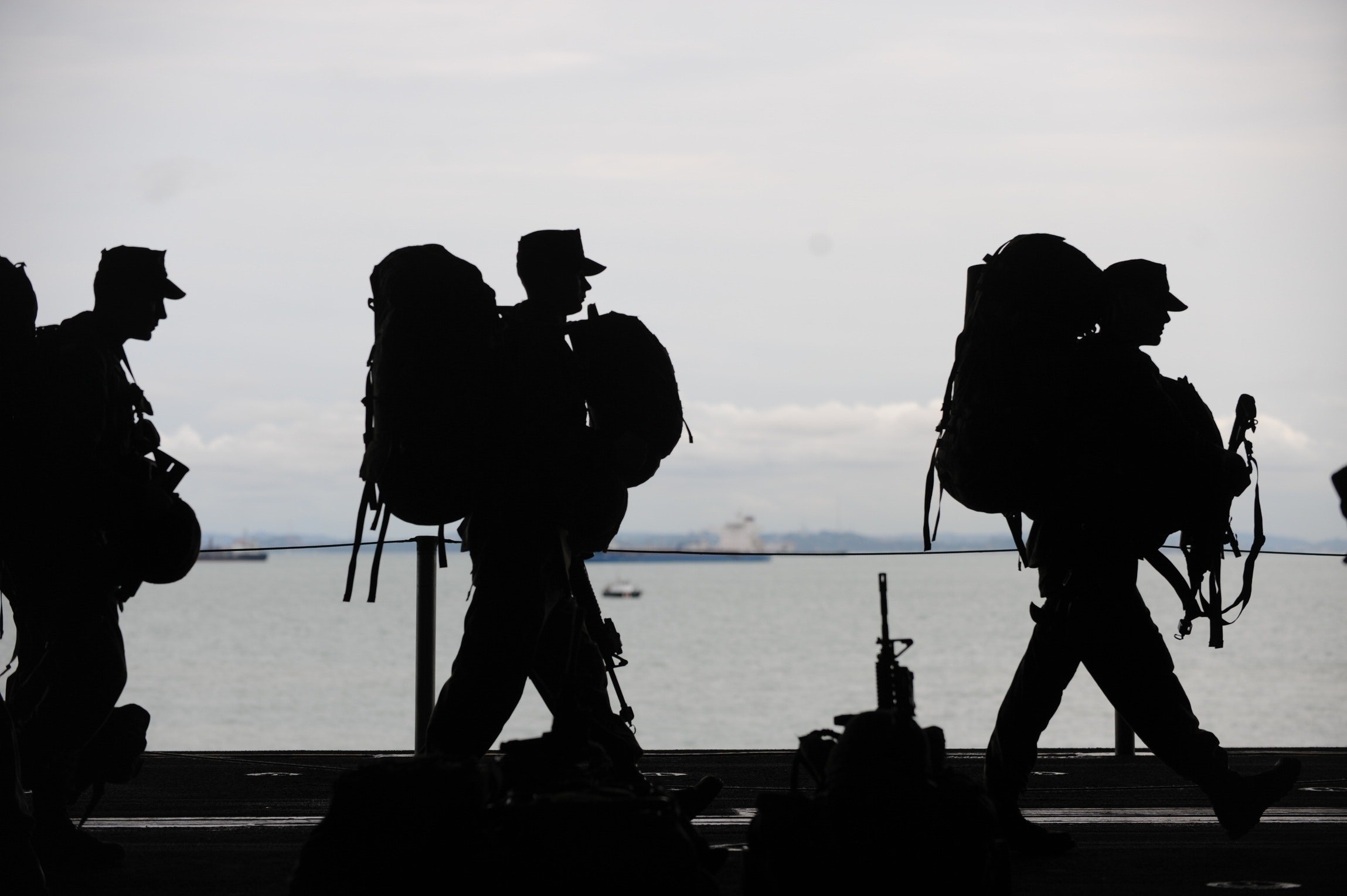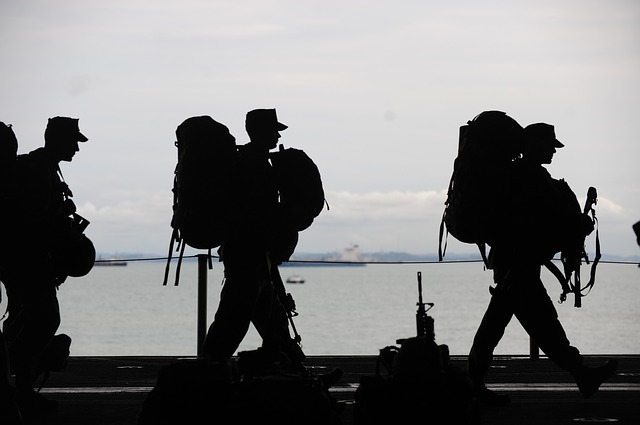Military Defense
Court Martials Involving Veterans

After you have left the military, your focus is likely now on returning to civilian life, catching up with friends and family, and starting a new career. However, you may be surprised to find that you are still under the jurisdiction of the Uniform Code of Military Justice and, if you are charged with a crime, you may be subject to a court martial instead of a civilian trial.
Building a Defense Against AWOL Charges

Being a member of any branch of the US Armed Forces elevates you to a level above the average citizen in terms of patriotism and dedication to the nation and your fellow men and women. You are given the training, responsibility, and opportunity to be of great service, but a career in the military comes with hefty duty and a requirement to toe the line. Unfortunately, if you find yourself on the wrong side of military law, you may be facing serious problems – especially in cases of desertion or going AWOL.
Do Brain Injuries Affect Our Servicemen More Than We Think?

Last year, NPR raised serious concerns about military personnel being put at risk every time they operated a shoulder-fired weapon. The author of the article, Jon Hamilton, based his report on findings commissioned by the Army from the Center for a New American Security. The Law Firm of Joseph H. Low IV would like to examine this idea further.
How to Help Your Own Defense If You Are Charged With a Military Crime

If you are charged with an offense under the Uniform Code of Military Justice (UCMJ) while on active duty, the charges threaten more than just your criminal record. Criminal charges may affect your security clearance, your rank, or even your entire military career. It is crucial that you take active steps to protect your rights and to seek the assistance you need to make the strongest possible case on your own behalf.
Keeping Your Personal Facebook Account? Tips for Servicemembers

With 1.44 billion users, Facebook has entered the lives of people the world over – including many active military servicemembers. If you’re keeping your Facebook up to date while serving, it is important to remember that items you post may be viewed by people beyond your personal friends list, especially if you post items with a “public” view setting. Your social media activity may also be used against you if you are charged with a violation under the Uniform Code of Military Justice (UCMJ).
Here are some tips for handling your Facebook presence wisely:
Army Relaxes Its Policies Regarding Servicemember Tattoos

This April, the Army updated Army Regulation 670-1, which addresses tattoos. The new policy relaxes the former rule, which went into effect in March 2014. The new policy took effect April 10, 2015, according to the Department of the Army’s media relations office.
The new rules still prohibit soldiers from sporting tattoos on their necks, heads, faces, wrists, and hands, except that one ring tattoo is now allowed on each hand. Tattoos depicting certain images or ideas, such as tattoos indicating an affiliation with “extremist” ideas or groups, indecent or “grossly offensive” tattoos, and sexist, racist, or demeaning words or images also remain unauthorized under the new policy.
Policy Change Means Boards Will See Junior Officer Black Marks

Most officers are familiar with a policy that has been in place since 1997, which masks junior officer evaluation reports once the officer is promoted to captain or chief warrant officer three. Beginning in early 2015, however, the policy has changed. Now, when officer evaluation reports are submitted for filing in an officer’s Army Military Human Resources Record (AMHRR), they will be included in the packet that promotion, school, and command boards see when making decisions.
The original purpose of the old policy was to prevent officers from being penalized later in their careers for mediocre ratings or black marks acquired when they were still adjusting to military life. According to Secretary of the Army John McHugh, however, the change is needed to shift the Army back to its competitive, best-qualified method of selecting officers for promotion.
NDAA Reauthorization Undermines Good Soldier Defense

The recent reauthorization of the National Defense Authorization Act (NDAA) included a number of reforms intended to address rising concerns about sexual assault in the military. One of the reforms that gained bipartisan support, however, has made it more difficult for experienced California military defense lawyers to present a full picture of their client’s personal and professional service to juries.
The defense, popularly known as the “good soldier” defense, previously allowed defense attorneys to present evidence about a servicemember’s professional record in court as part of the defense’s response to allegations of sexual assault. The changes instituted in the most recent reauthorization of NDAA, however, limit the use of this defense, bringing military criminal procedure more in line with the rules of evidence used in civilian courts.
Challenging an Administrative Separation from the Military

An administrative separation might be sought for many reasons. For instance, a servicemember who does not successfully complete a drug abuse rehabilitation program, who is found responsible for misconduct, or whose performance has been found unsatisfactory may find himself or herself facing an administrative separation.
The way in which you leave the military affects both the benefits you receive as a result of your service and your employment options after your service has ended. In many cases, a servicemember facing an administrative separation does not want to leave at all. He or she is deeply devoted to the ideals, purposes, and processes of our armed forces, and does not want to see his or her hard work and loyalty go to waste.
Should You Accept an Article 15 Non-Judicial Punishment?
In some cases alleging a violation of the Uniform Code of Military Justice (UCMJ), a commander may use a type of administrative discipline called an Article 15 or “non-judicial punishment” (NJP). Typically, these are used for minor violations of the UCMJ. They provide an alternative to sending a case to court-martial.
If you are offered an Article 15, your commander will read the charges against you and present the evidence that the Government has against you, at that time. You will then have a limited amount of time – usually no more than a few days – to decide whether you want to “accept” the Article 15 or go to court martial, and you will be able to consult an attorney before you make your decision. If you accept, you present your defense to your commander, who then makes the decision regarding both your guilt and your punishment.